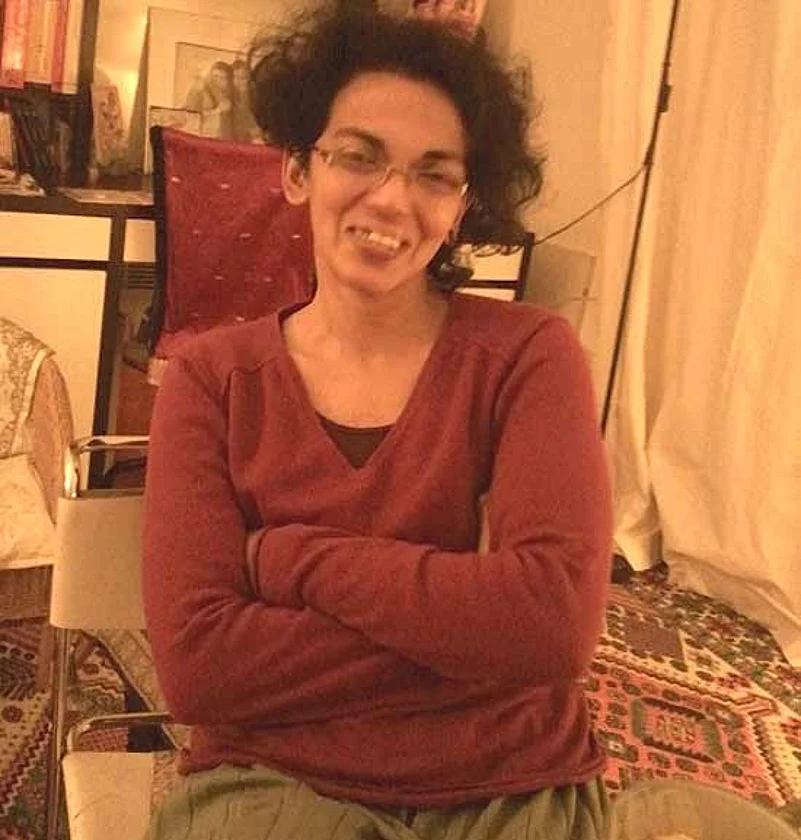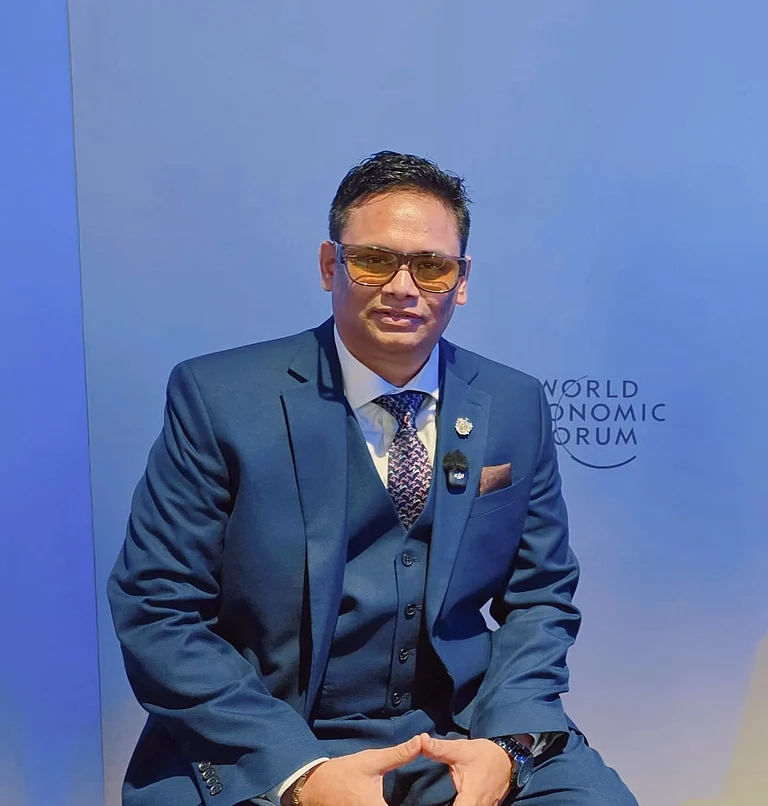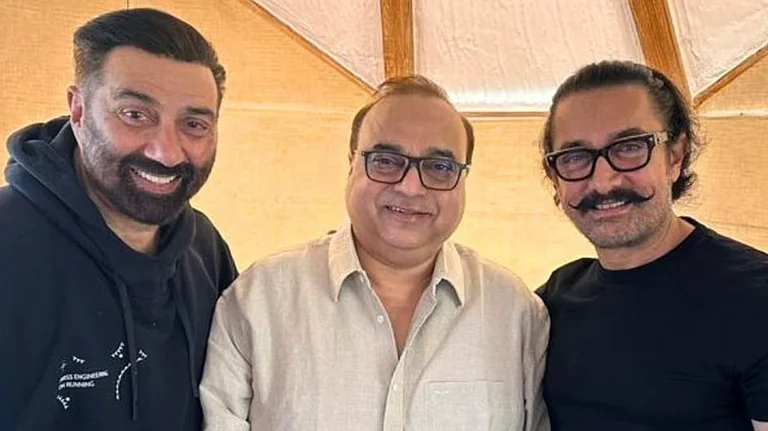Co-scripting British-Bangladeshi choreographer Akram Khan’s Desh. How’d that happen?
Akram and his producer Farooq Chaudhry invited me to script the piece. A surprise, because they usually work with established artists.
You call yourself a poet first. Did prose happen by accident?
I am a little suspicious of my own prose. Then Desh happened. It was a script. But the script also produced The Boy, the Bees & Bonbibi.
What’s Bonbibi all about?
Bonbibi is a fable about a very popular goddess in the Sunderbans. It’s an illustrated children’s book that will be published next year.
What inspired you to work on the Mahabharata epic?
It’s a remarkable epic for so many reasons: its positioning of gods as imperfect, its refusal to carve out a central protagonist; of moral ambiguity that it imbues the characters with.
What has been your most memorable moment as a writer?
The premiere of Desh, the fulfilment in watching words become kinetic, aural, visual, magically alive—and knowing that alchemy exists.
Juggling performing arts and writing....
My day job as a dance producer and curator does influence a lot of my poetry. It’s demanding and intrusive, so I write whenever I can.
Any connection between dance and writing?
A profound one. And it is one of most challenging things to capture in writing. Movement, dance, surround us.
What made you write Indian poetry/books?
I didn’t really think about it. Writing’s a way of being alive. An invigorating, pain-free breath.
What else are you passionate about?
Belgian chocolatier Pierre Marcolini. Or his creations, rather.
Future plans?
I never make plans. Plans have an alarming way of trying to take over life. And the future’s always been a nebulous word.


























